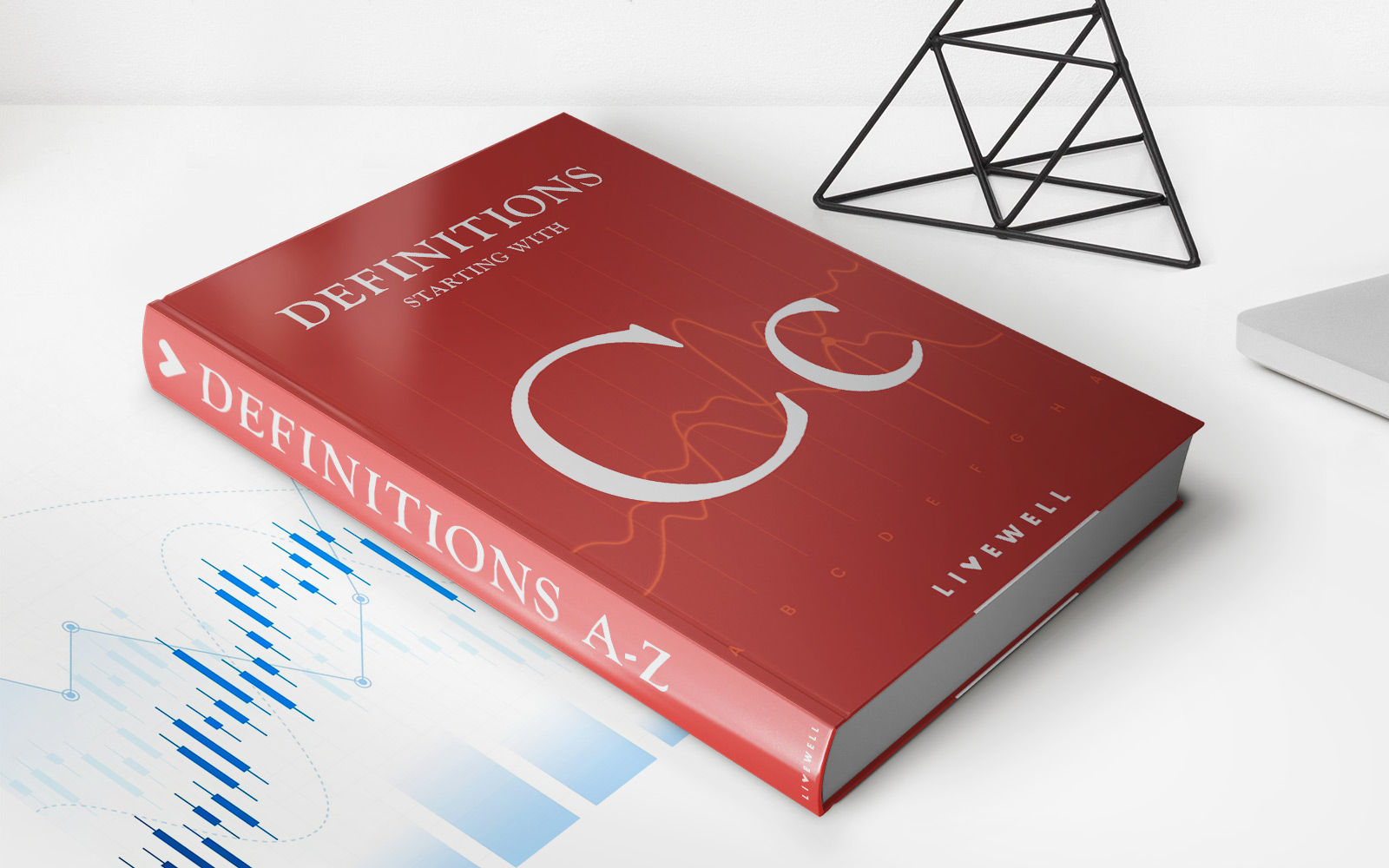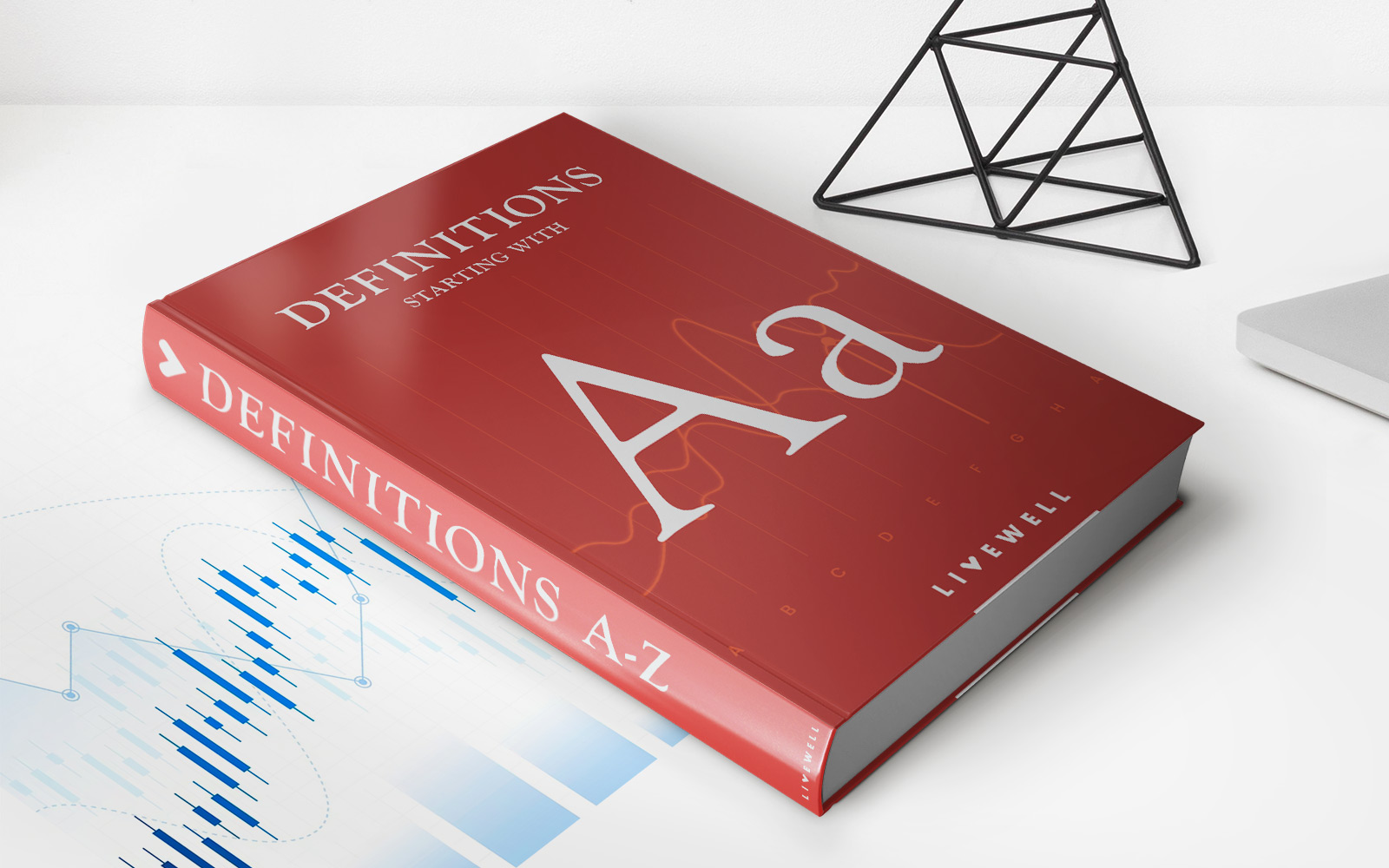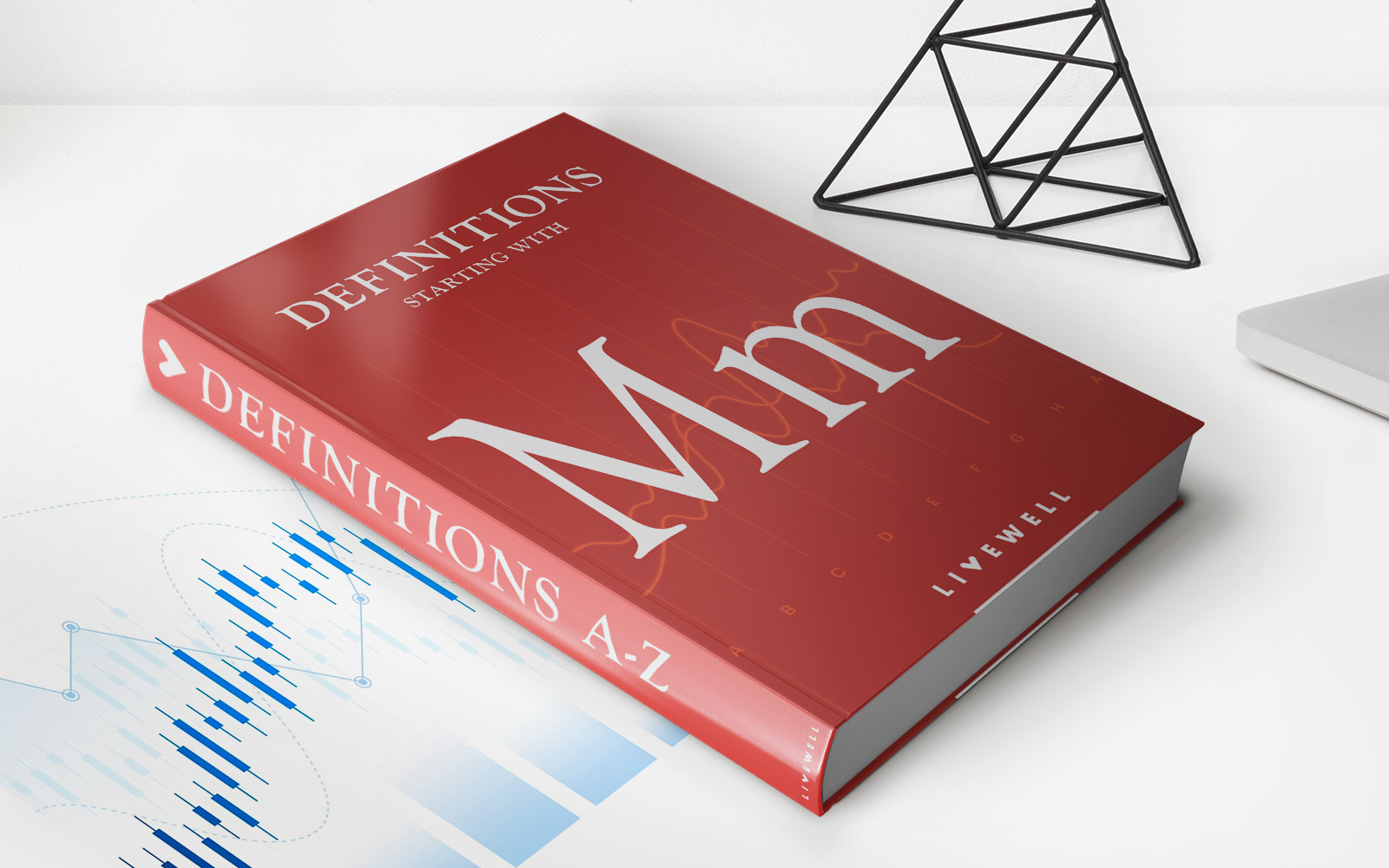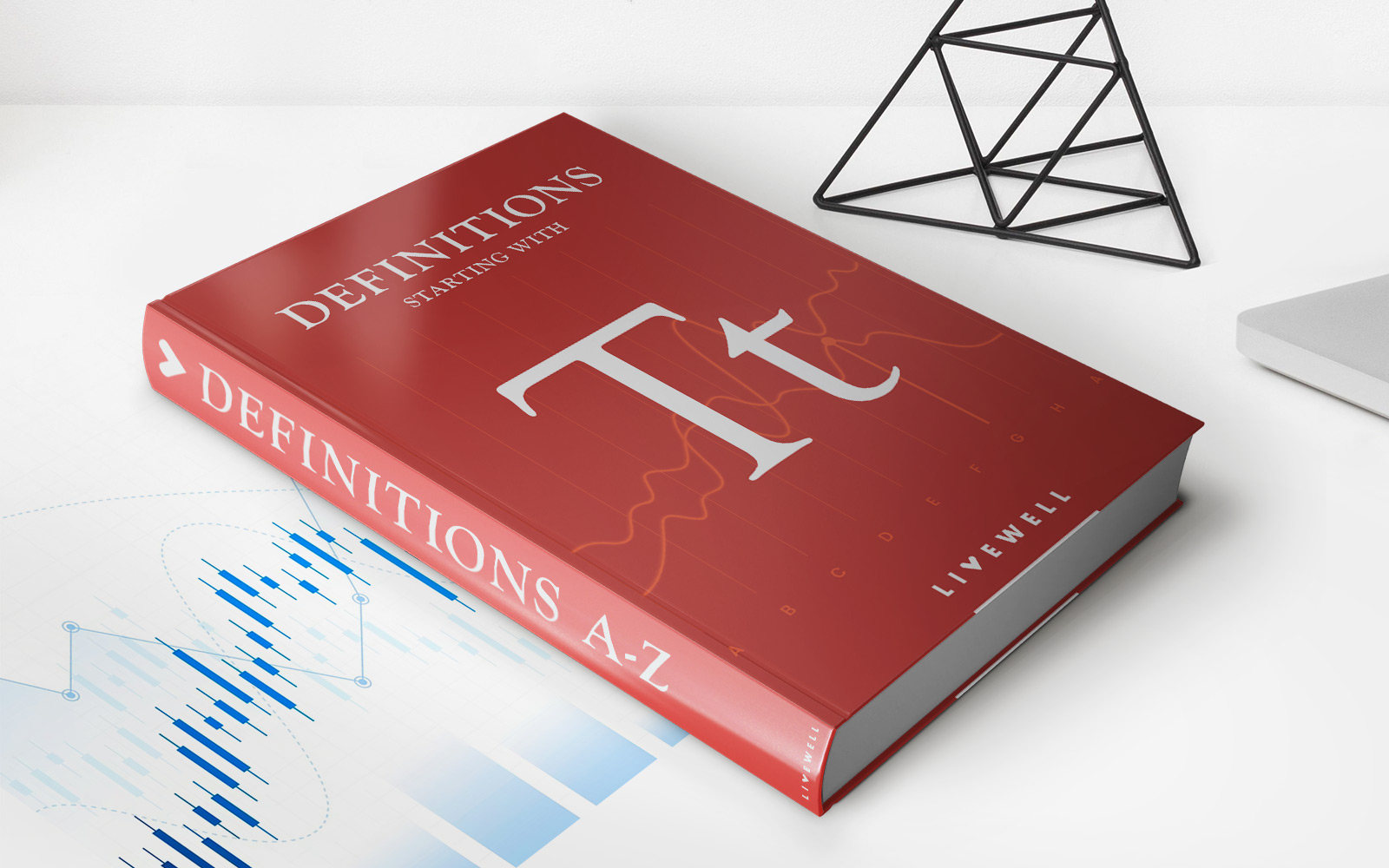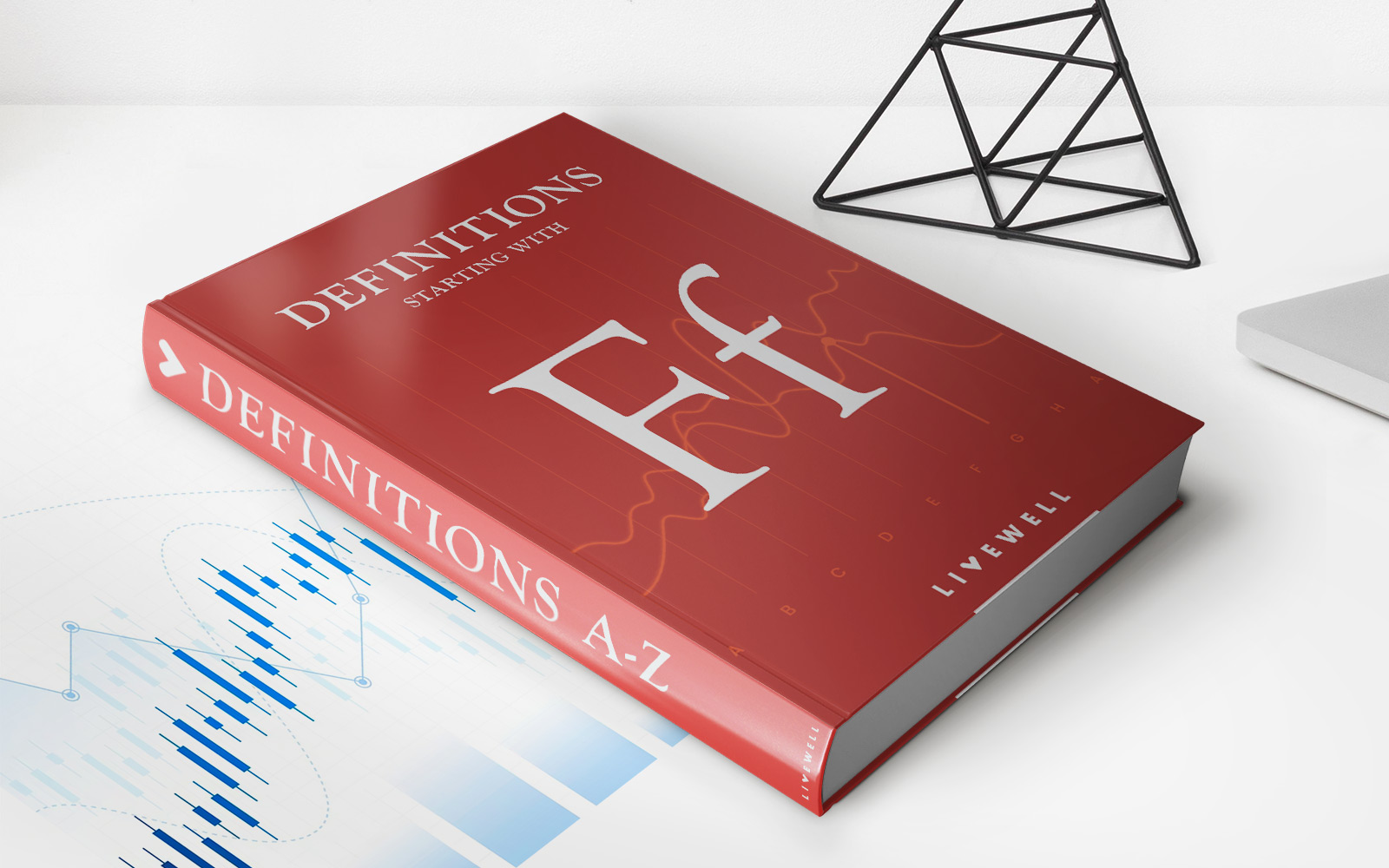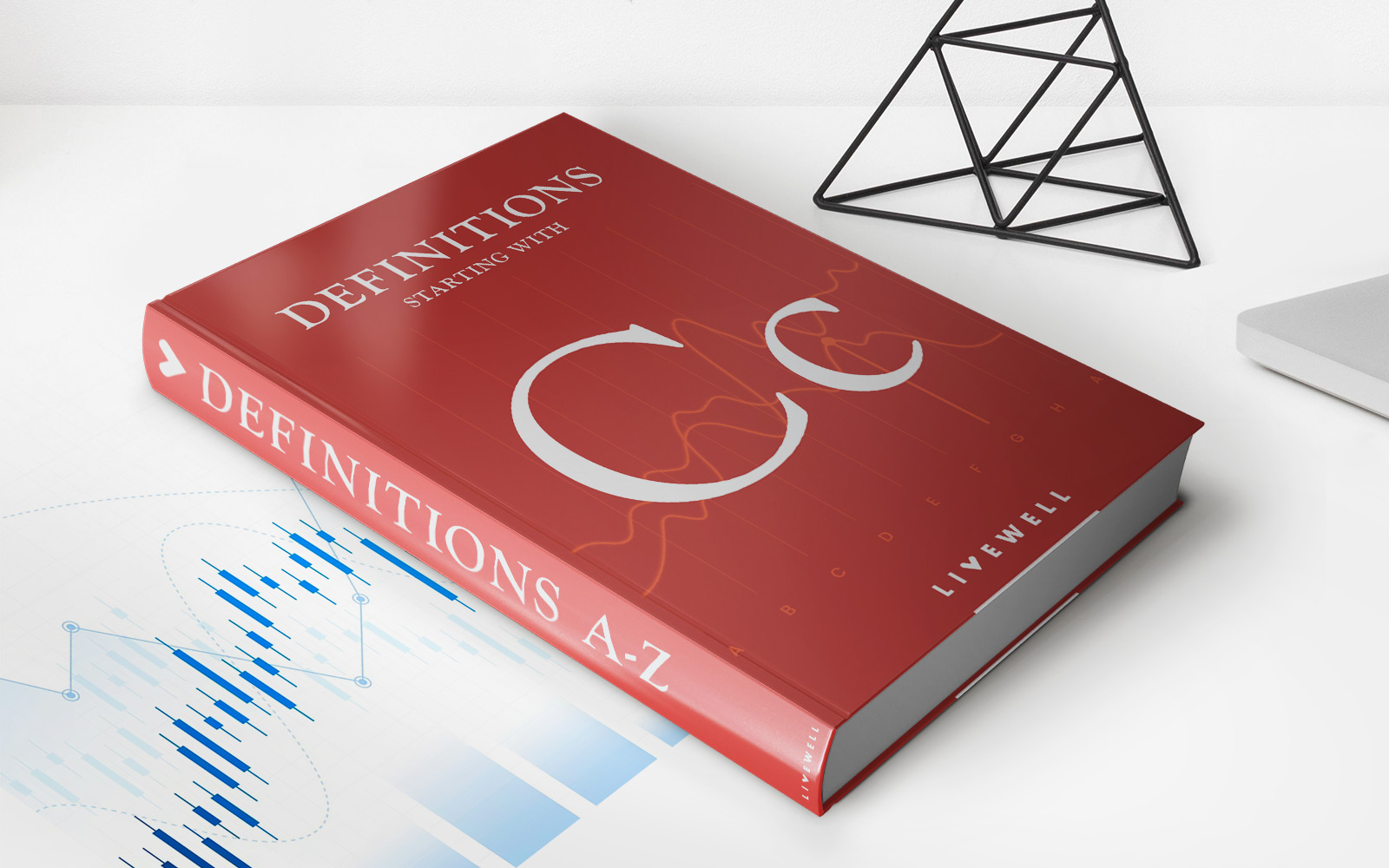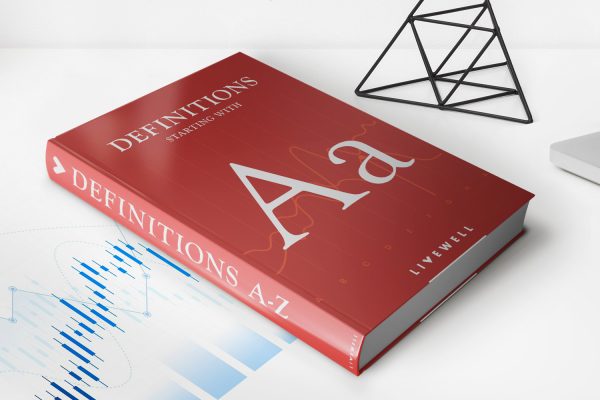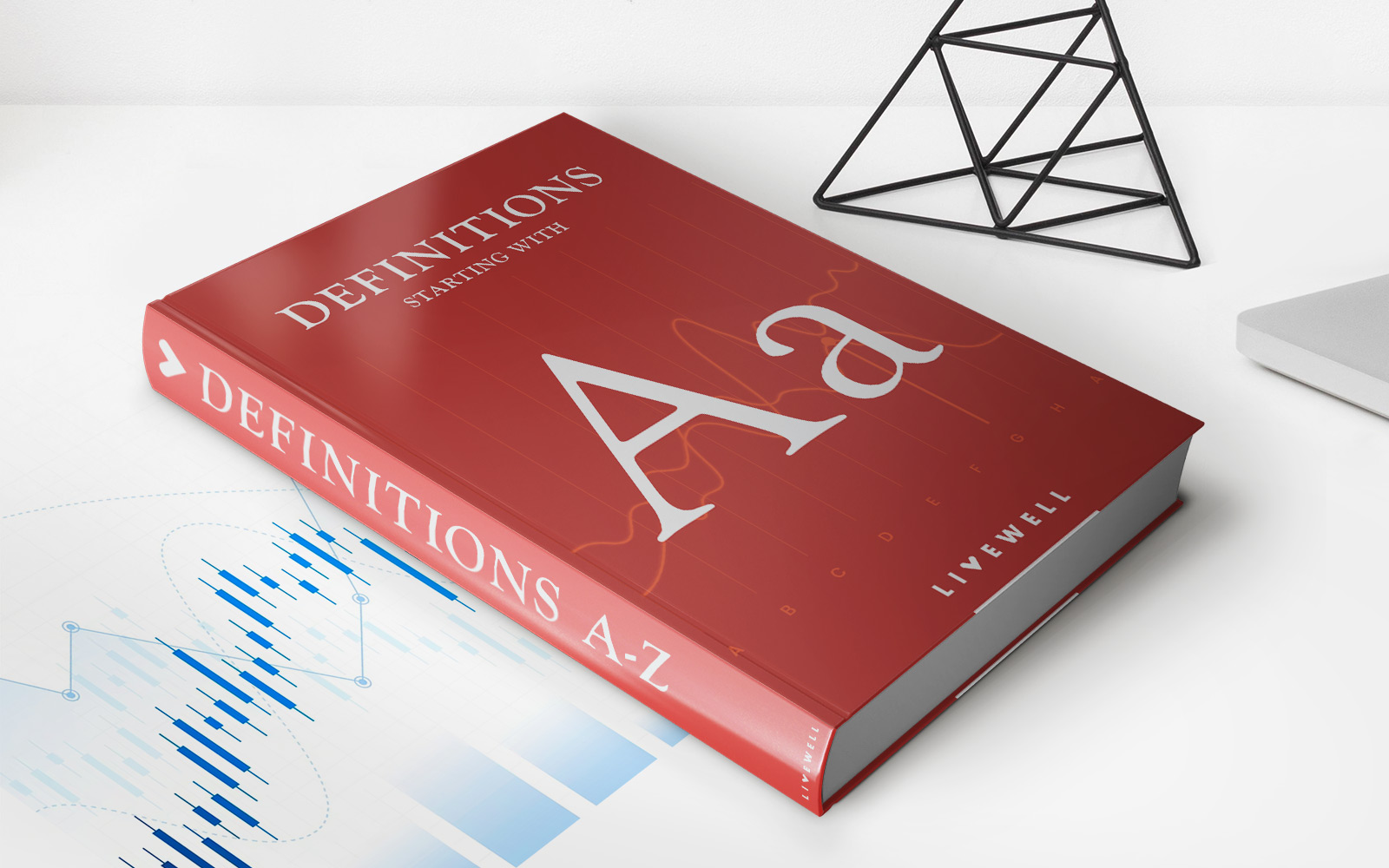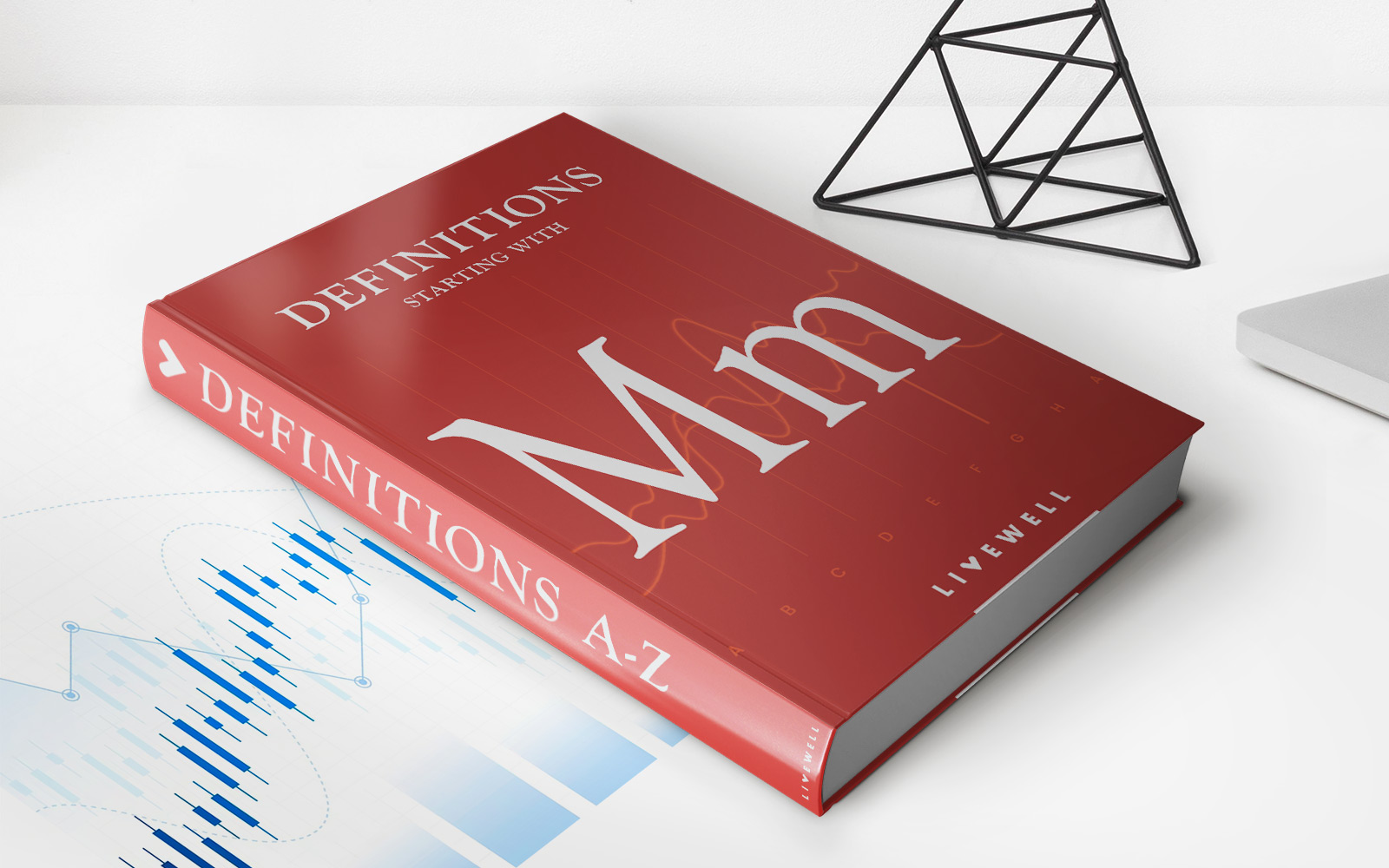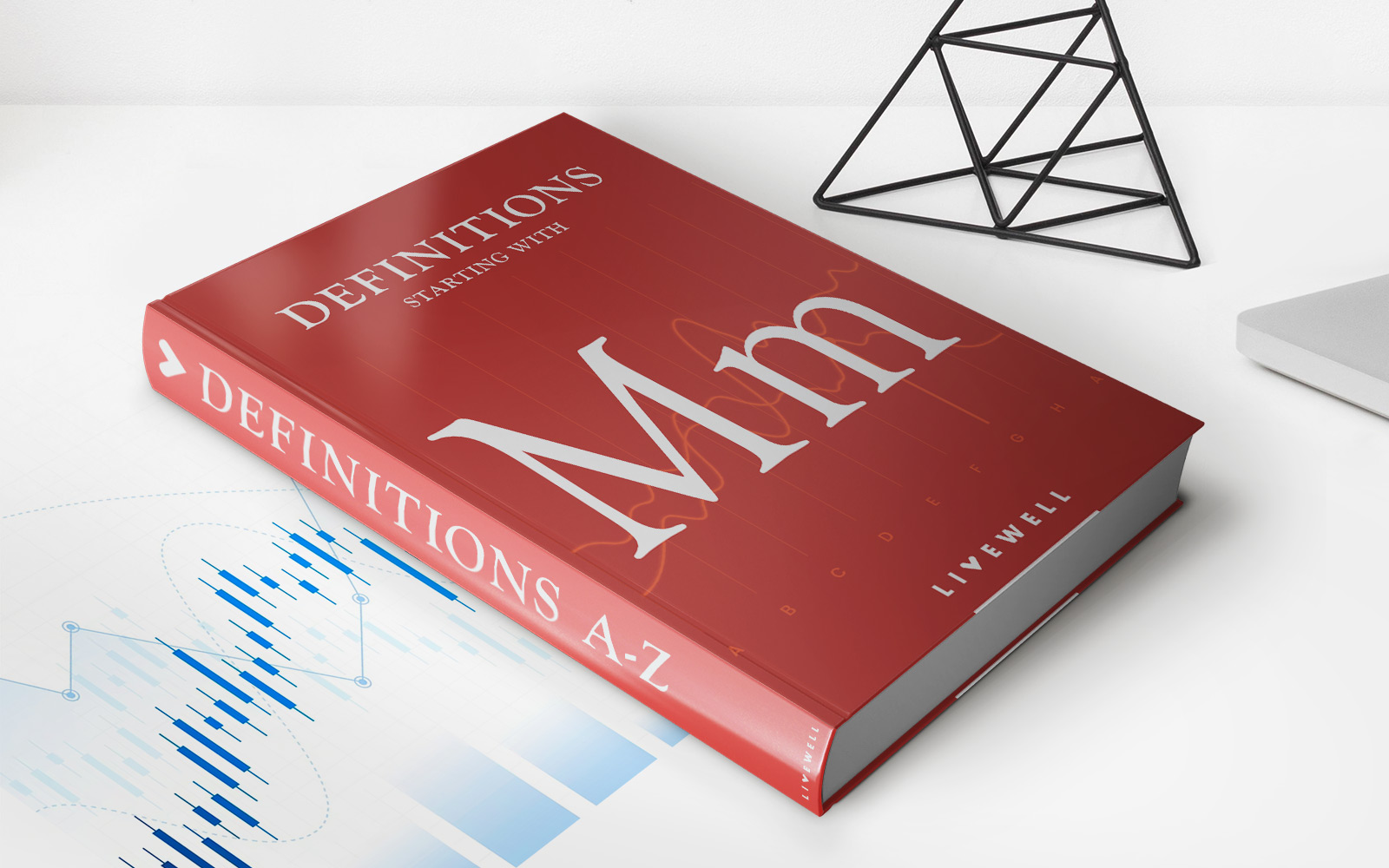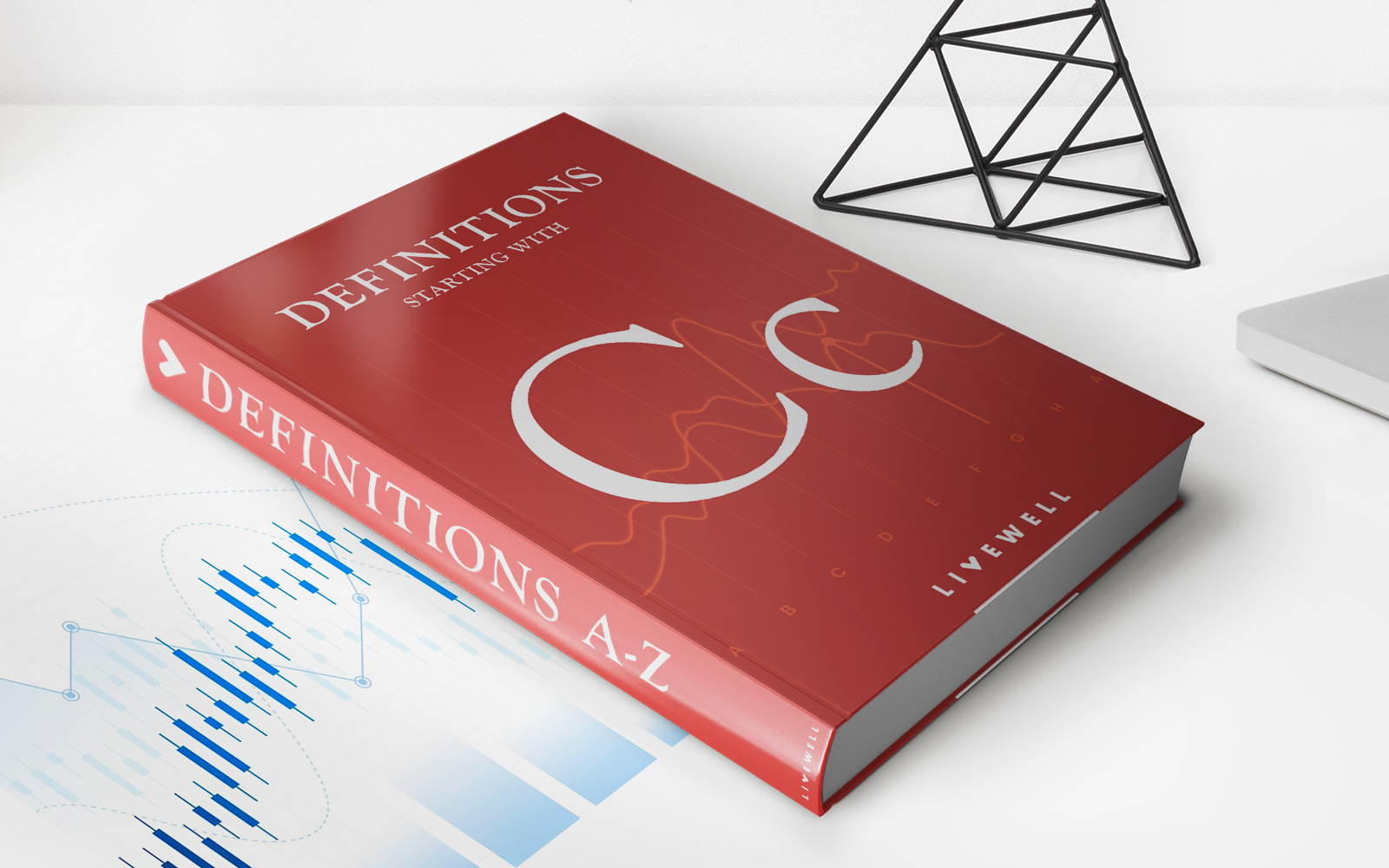

Finance
Check Conversion Definition
Published: October 26, 2023
Learn the definition of conversion and its importance in finance. Discover how conversions drive financial success and maximize returns.
(Many of the links in this article redirect to a specific reviewed product. Your purchase of these products through affiliate links helps to generate commission for LiveWell, at no extra cost. Learn more)
The Benefits of Check Conversion: Simplifying Your Finances
Are you tired of the hassle and time-consuming task of manually depositing checks? If so, check conversion is the solution you’ve been looking for. This innovative financial service streamlines the check process, allowing you to convert paper checks into electronic deposits quickly and efficiently. In this blog post, we’ll explore what check conversion is, how it works, and the benefits it offers to individuals and businesses.
Key Takeaways:
- Check conversion simplifies the process of depositing paper checks by transforming them into electronic deposits.
- It offers convenience, increased security, and faster access to funds for individuals and businesses.
What is Check Conversion?
Check conversion is a financial service that allows you to convert traditional paper checks into electronic deposits. This process involves electronically capturing the check’s information, such as the account number, routing number, check amount, and payee’s details. The captured data is then used to create an electronic representation of the check, which can be processed and deposited like a regular electronic payment.
There are two main types of check conversion:
- Point-of-Sale (POS) Check Conversion: This type of check conversion occurs when you make a purchase at a retail location using a check. The merchant will scan your check using a check reader or imager, and the information will be converted into an electronic payment.
- Remote Deposit Capture (RDC) Check Conversion: With RDC check conversion, you can deposit paper checks remotely by using an electronic scanner or mobile app provided by your bank. You simply scan the checks, and the images are electronically transmitted to your bank for processing.
The Benefits of Check Conversion
Now that we understand what check conversion is, let’s explore some of the key benefits it offers:
- Convenience: Check conversion eliminates the need to physically visit a bank branch or ATM to deposit checks. With RDC check conversion, you can deposit checks from the comfort of your home or office, saving you time and effort.
- Increased Security: By converting checks into electronic deposits, you reduce the risk of check fraud and the potential for checks getting lost or stolen in the mail. Electronic deposits are also more secure than physical checks, as they cannot be altered or counterfeited.
- Faster Access to Funds: With check conversion, funds from electronic deposits are typically available faster than traditional paper check deposits. This allows you to access your money sooner and improve your cash flow.
- Improved Record-Keeping: Electronic check conversion provides a digital trail of your financial transactions, making it easier to keep track of your finances and reconcile your accounts. You can retrieve and review electronic check images whenever needed, simplifying your financial record-keeping process.
- Environmentally Friendly: By opting for check conversion, you contribute to reducing paper waste and the environmental impact associated with traditional paper checks.
Whether you’re an individual or a business, check conversion is a valuable financial tool that can simplify your life. It offers convenience, security, faster access to funds, and improved record-keeping, making it an ideal solution for those looking to streamline their finances. Embrace the benefits of check conversion today and experience a more efficient way to handle your checks!
